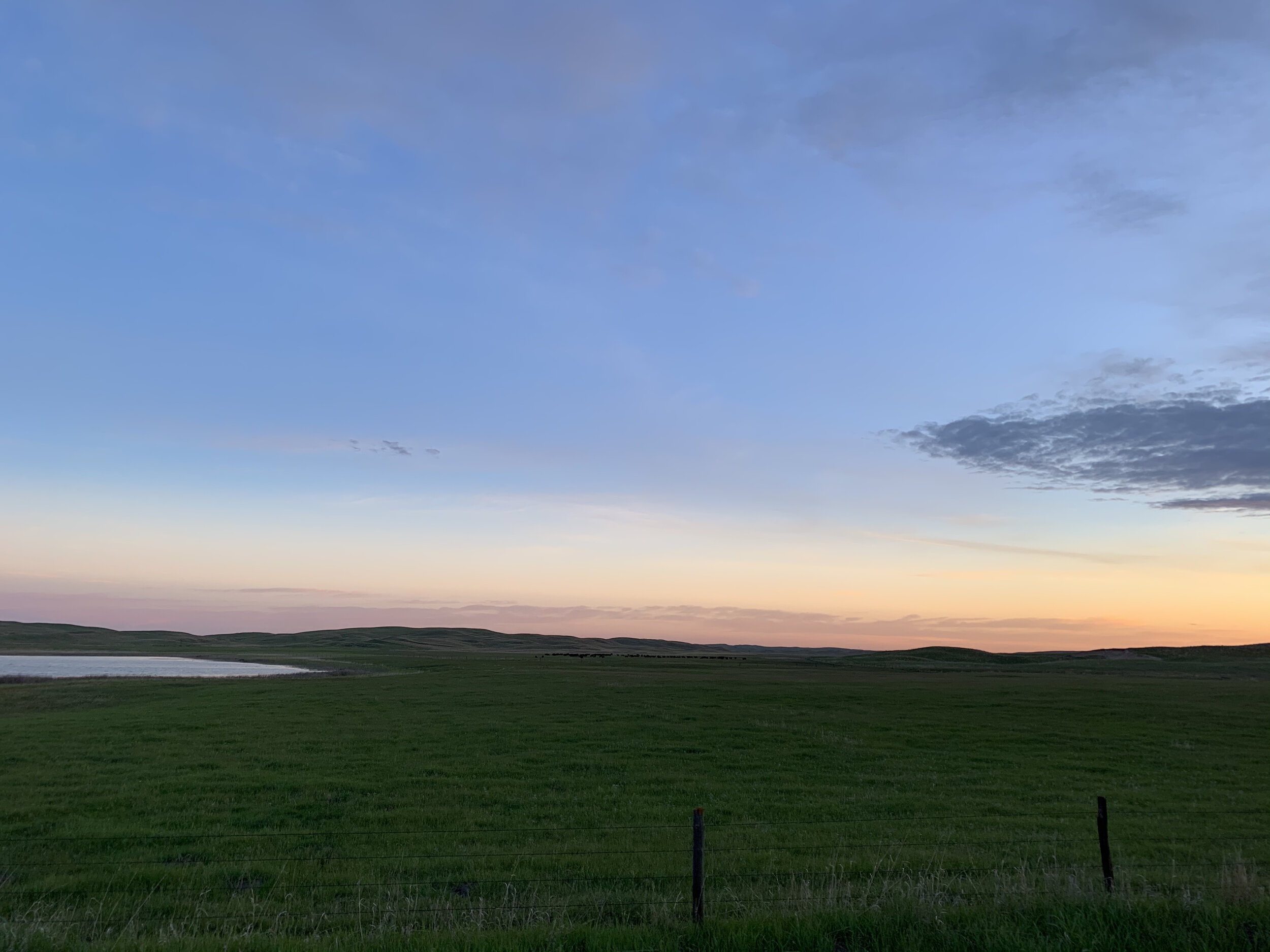The Rural Review
An online journal produced in conjunction with the Rural Reconciliation Project.
The Rural Review publishes digests of important academic contributions, program information, blog-style commentary, and periodic roundups of rural items from across academic disciplines and scholarly media.
Contributions from interested authors are welcome. Find our author guidelines here.
Thompson, Tomayko, Gunter, & Schuna: Four-Day School Week
In “Are All Four-Day School Weeks Created Equal? A National Assessment of Four-Day School Week Policy Adoption and Implementation” authors Paul N. Thompson (School of Public Policy, Oregon State University), Emily J. Tomayko (Center for American Indian and Rural Health Equity, Montana State University), Katherine Gunter, and John M. Schuna, Jr. (both of School of Biological and Population Health Sciences, Oregon State University) compile an overview of the four-day school week in America, and the impact that is has on students, families, and school districts.
Radke, Smeins, Ryckman, & Gruca: Delivering Rural Babies
In Closure of Labor & Delivery units in rural counties is associated with reduced adequacy of prenatal care, even when prenatal care remains available authors Stephanie M. Radke MD, MPH (Department of Obstetrics and Gynecology, University of Iowa Hospitals and Clinics), Laurel Smeins MD (Department of Internal Medicine, University of Iowa Hospitals and Clinics), Kelli K. Ryckman PhD (Department of Epidemiology and Pediatrics, University of Iowa), and Thomas S. Gruca PhD (Tippie College of Business, University of Iowa), MBA examine the availability of hospital-based obstetrical care in rural areas and the effect such availability has on prenatal care.
Unay-Gailhard & Brennan: Young Farmers and New Media
In Young Farmers in “The New World of Work”: The Contribution of New Media to the Work Engagement and Professional Identities, Ilkay Unay-Gailhard and Mark A. Brennan (both of UNESCO Community, Leadership, and Youth Development, Penn State University) examine work engagement and identity among young farmers in Crete and Cyprus.
Curtis et al.: Disparities in Access to Telemedicine
In Disparities in digital access among American rural and urban households and implications for telemedicine-based services, authors Megan E. Curtis, Sarah E. Clingan, Yih-Ing Hser, Yuhui Zhu, and Larissa J. Mooney (all of Psychiatry and Biobehavioral Sciences, UCLA), Huiying Guo (Department of Health Policy and Management, UCLA) discuss rural disparities in digital access and the impact such access has on telemedicine services.
Mencken, Carpenter, Lotspeich-Yadao, & Tolbert: Local Banks and Rural Prosperity
In Revenue & Readership: Rescuing and Reviving Rural Journalism, Teri Finneman (School of Journalism and Mass Communications, University of Kansas), Patrick Ferrucci (Department of Journalism, University of Colorado), and Nick Mathews (Department of Journalism and Communication, University of Missouri) seek to understand how both rural newspaper publishers and readers perceive the situation surrounding the business side of journalism.
Haggarty, Walsh, & Pohl: Public Finance via Land and Resource Trusts
Summary of Mark Haggarty, Kathryn Bills Walsh, and Kelly Pohl’s evaluation of New Mexico’s Land Grant Public Fund which supports the state's schools, infrastructure, and other services.
Gomez-Vidal & Gómez: Unincorporated Community Status as a Determinant of Health
New digest out by 2023 @UNLCollegeofLaw graduate Lauren Olsen covering Cristina Gomez-Vidal and @anugomez’s study of how an often overlooked designation--unincorporated community status--impacts lived health outcomes for residents
https://www.ruralreconcile.org/ruralreview/unincorporated-community-status-and-health
Fennimen, Ferrucci, & Mathews: Rural Journalism Rescue and Revival
In Revenue & Readership: Rescuing and Reviving Rural Journalism, Teri Finneman (School of Journalism and Mass Communications, University of Kansas), Patrick Ferrucci (Department of Journalism, University of Colorado), and Nick Mathews (Department of Journalism and Communication, University of Missouri) seek to understand how both rural newspaper publishers and readers perceive the situation surrounding the business side of journalism.
Eliason: From Public Trust to “Bulls for Billionaires”
In From a Public Trust to “Bulls for Billionaires”: The Collision of Wealth and Politics in Big Sky Country, Stephen Eliason (Department of Social Sciences and Cultural Studies, Montana State University) discusses three main influences on big game hunting regulations: (1) demographic change and technology, (2) land ownership and access, and (3) politics and license allocation. It is essential to understand these issues to find solutions that preserve hunting for “people of ordinary means,” including middle and working-class hunters.









